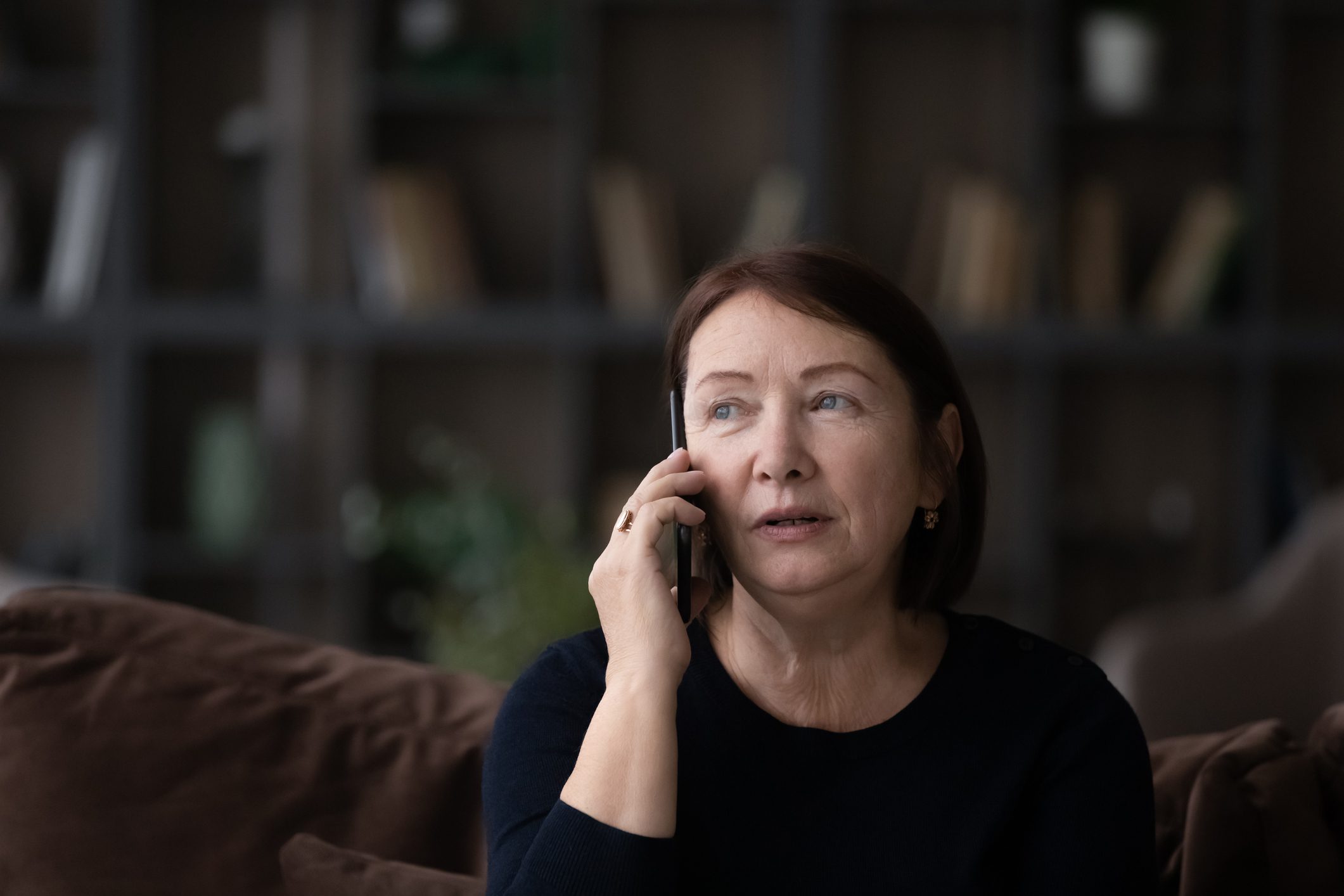Schizophrenia
The clinical team at The Pavilion offers
Treatment for Schizophrenia
Schizophrenia is a severe and often debilitating brain and behavior disorder. It affects key systems in the brain and can alter how one thinks, feels, and acts. Individuals with schizophrenia or schizoaffective disorder may have difficulty distinguishing reality from fantasy. They may also struggle to express and manage emotions. Oftentimes, this chronic mental disorder can make it seem as if a person has lost touch with reality. Although schizophrenia is not as common as other mental disorders, the symptoms can be quite disabling.

Schizophrenia Treatment
At The Pavilion at Williamsburg Place, inpatient care for schizophrenia involves providing intensive treatment and support for individuals who are experiencing acute symptoms of the disorder and require a higher level of care than can be provided on an outpatient basis.
Inpatient care typically involves an assessment and admission at The Pavilion at Williamsburg Place, where the individual can receive 24-hour monitoring and care from our team of healthcare professionals. The goal of inpatient care is to stabilize the individual’s symptoms, provide a safe and supportive environment, and develop a comprehensive treatment plan that can be continued on an outpatient basis.
During inpatient care for schizophrenia, the patient may receive a combination of medication, therapy, and other supportive interventions to help manage symptoms and improve their overall functioning. Treatment may also involve family therapy or education, social skills training, and vocational rehabilitation to help the individual reintegrate into their community.
Early Warning Signs of Schizophrenia
Symptoms and warning signs of schizophrenia are different for everyone, and they may develop slowly over a period of years or quickly over a period of months or weeks. Early warning signs of schizophrenia may include:
- Hearing or seeing something that isn’t there
- Feelings of being watched
- Speaking or writing in peculiar or nonsensical ways
- Feeling indifferent to a critical situation
- Deteriorating work or academic performance
- Deteriorating personal hygiene
- Withdrawing from social situations
- Responding irrationally or fearfully to a loved one
- Deteriorating sleep or concentration
- Significant weight loss or gain
Who is Eligible to Receive Care for Schizophrenia?
Inpatient care for schizophrenia is typically reserved for individuals who are experiencing severe symptoms or who are at risk of harming themselves or others. The length of stay in an inpatient facility can vary depending on the individual’s needs but is generally shorter than in the past due to advances in medication and other treatments that have made it possible to manage symptoms more effectively in an outpatient setting.
